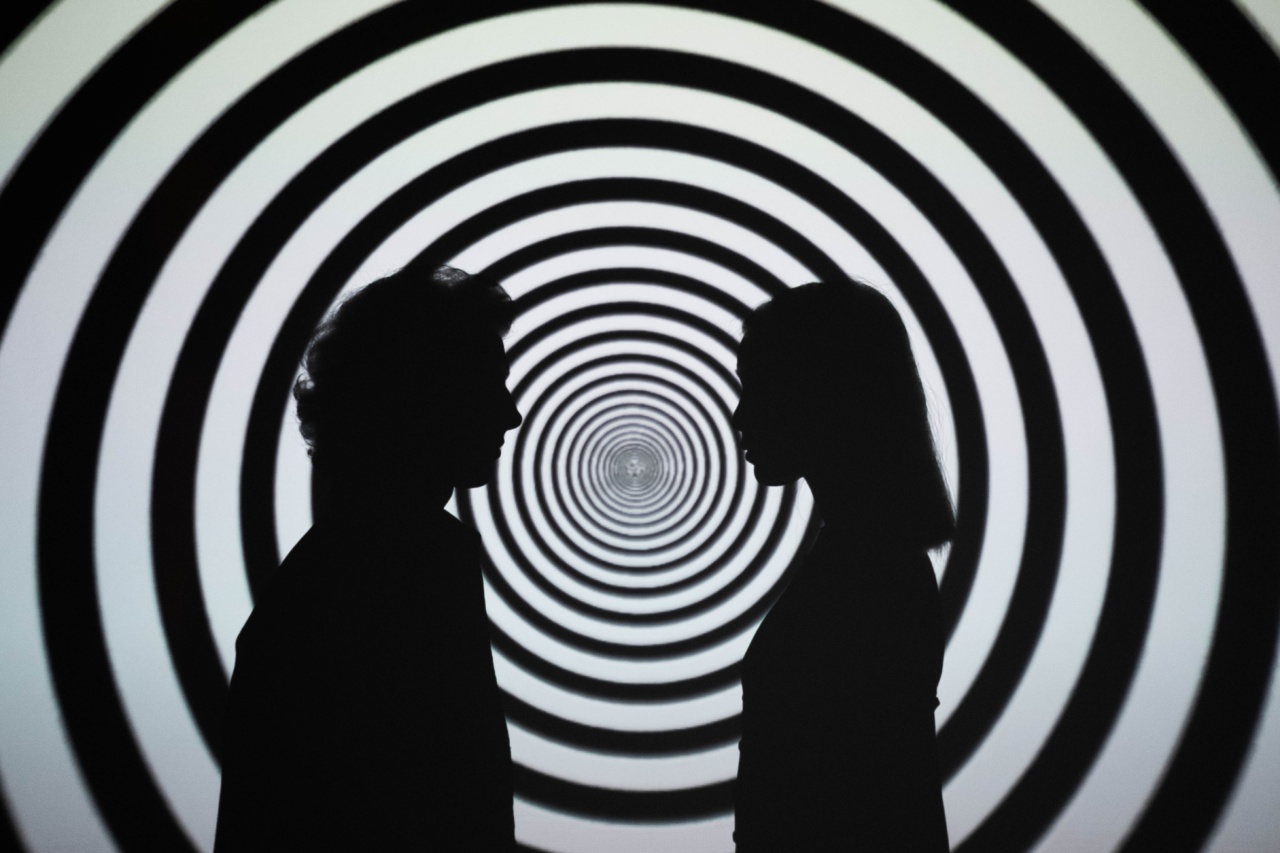Schizophrenia is a complex mental illness that affects people’s thoughts, emotions, and behavior. One of the common symptoms of schizophrenia is auditory hallucinations, which are perceived sounds or voices that are not present in reality.
These hallucinations can be very distressing and debilitating for people with schizophrenia.
Types of Auditory Hallucinations
There are different types of auditory hallucinations that people with schizophrenia can experience. Some of the most common types include:.
- Voices speaking to the person
- Voices commenting on the person’s actions
- Voices arguing with each other
- Voices giving commands to the person
- Noises or sounds that are not real
Characteristics of Auditory Hallucinations in Schizophrenia
Auditory hallucinations in schizophrenia are different from normal hearing experiences. They have some unique characteristics, such as:.
- They are experienced as real sounds or voices
- They are not under the person’s control
- They are often persistent and repetitive
- They can be positive, negative, or neutral in nature
- They can vary in intensity, frequency, and clarity
Factors That Trigger Auditory Hallucinations in Schizophrenia
There are several factors that can trigger auditory hallucinations in schizophrenia. Some of these factors include:.
- Stressful events or situations
- Lack of sleep or disrupted sleep patterns
- Drug or alcohol abuse
- Brain chemical imbalances
- Brain structural abnormalities
The Impact of Auditory Hallucinations on People with Schizophrenia
Auditory hallucinations can have a significant impact on people with schizophrenia. They can cause a range of negative effects, such as:.
- Increased anxiety and fear
- Depression and social isolation
- Difficulty concentrating and completing tasks
- Disruption of daily activities and routines
- Increased risk of self-harm or suicide
Treatment Options for Auditory Hallucinations in Schizophrenia
Treatment options for auditory hallucinations in schizophrenia can include medication, therapy, and lifestyle changes. Some of the most common treatments include:.
- Antipsychotic medication to reduce hallucinations and other symptoms of schizophrenia
- Cognitive-behavioral therapy to help people cope with their hallucinations and develop coping strategies
- Family therapy and support groups to improve communication and reduce stress in the family
- Psychological counseling to address underlying emotional issues and reduce anxiety and depression
- Healthy lifestyle changes, such as regular exercise, sleep hygiene, and stress reduction techniques
Conclusion
Auditory hallucinations are a common symptom of schizophrenia that can cause significant distress and impairment in daily life.
Understanding the different types, characteristics, and triggers of auditory hallucinations can help people with schizophrenia and their loved ones to better cope with this symptom and seek appropriate treatment. Treatment options can vary depending on the individual’s needs and preferences, and can involve medications, therapy, and lifestyle changes.



























